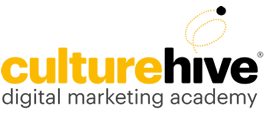
I’d just like to flag up a couple of posts within the CultureHive Digital Academy blog – one that I wrote about baking marketing into the production of art, and another one by one of the fellows that I have been mentoring, about developing social media content strategies.
Both are useful insights into the use of digital within the arts 🙂

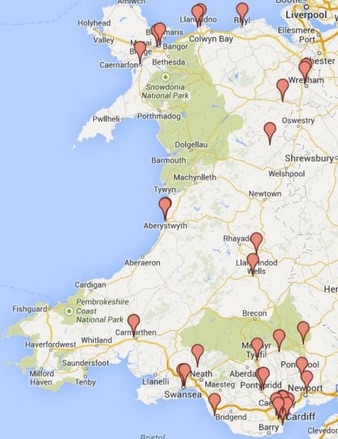
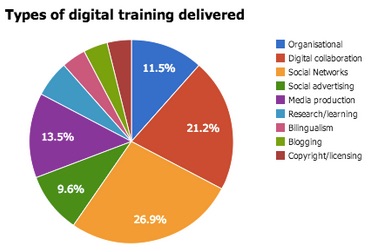
 I’m currently working for a new project run by the
I’m currently working for a new project run by the 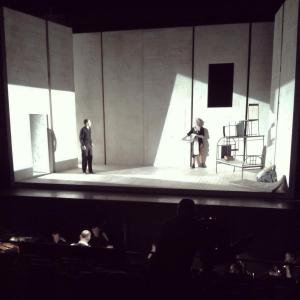
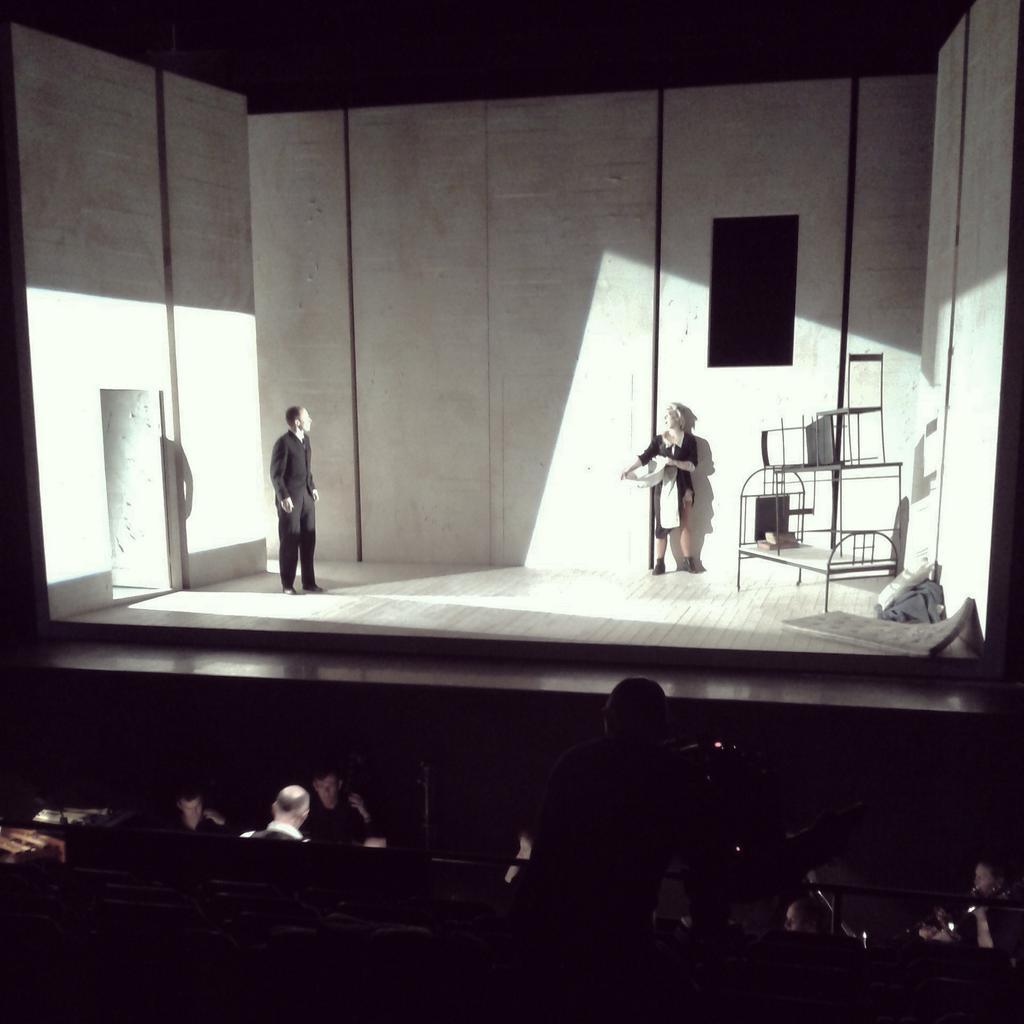
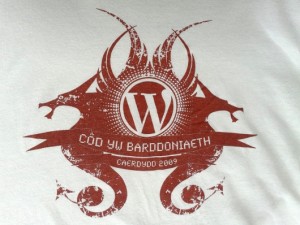
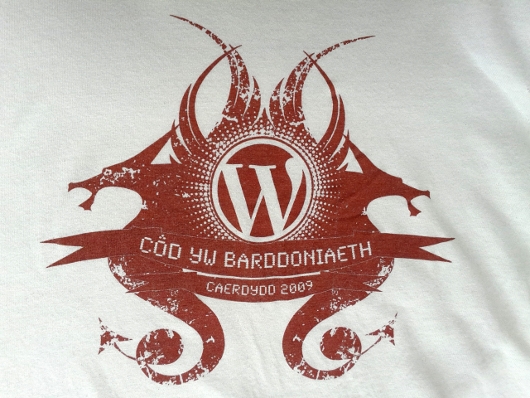
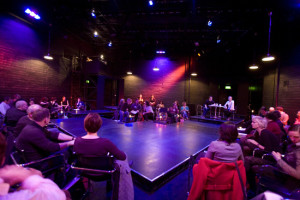
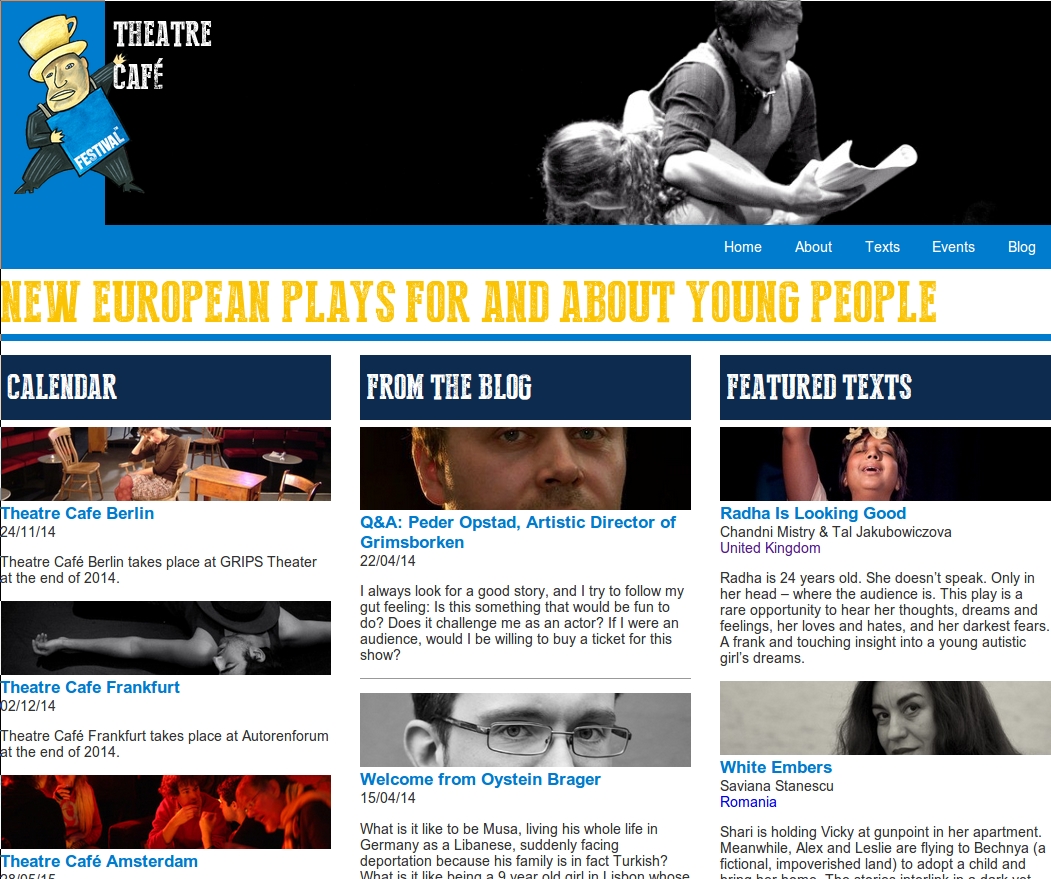
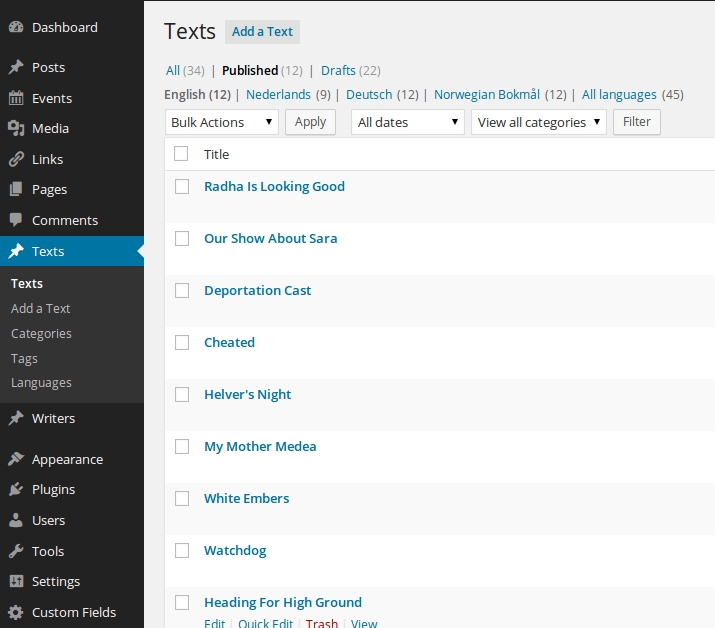
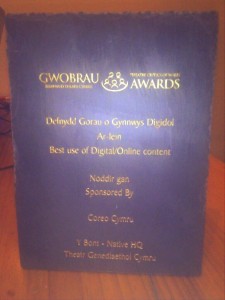
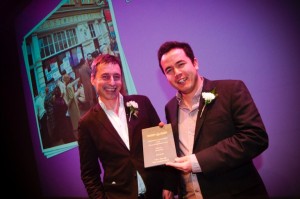 Mae NativeHQ a Theatr Genedlaethol Cymru newydd dderbyn gwobr am waith ar Y Bont oddi wrth
Mae NativeHQ a Theatr Genedlaethol Cymru newydd dderbyn gwobr am waith ar Y Bont oddi wrth